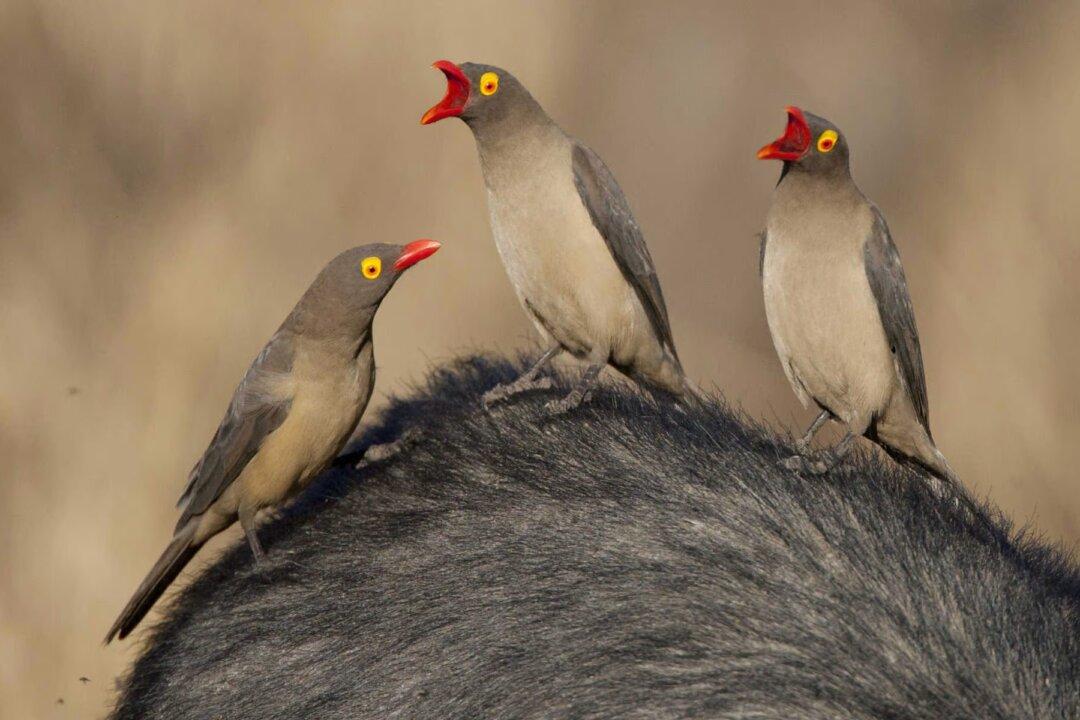Commentary
“The frequency and impact of pandemic-prone pathogens are increasing. Modest investments in PPR capacities can prevent and contain disease outbreaks, thereby drastically reducing the cost of response.”

“The frequency and impact of pandemic-prone pathogens are increasing. Modest investments in PPR capacities can prevent and contain disease outbreaks, thereby drastically reducing the cost of response.”